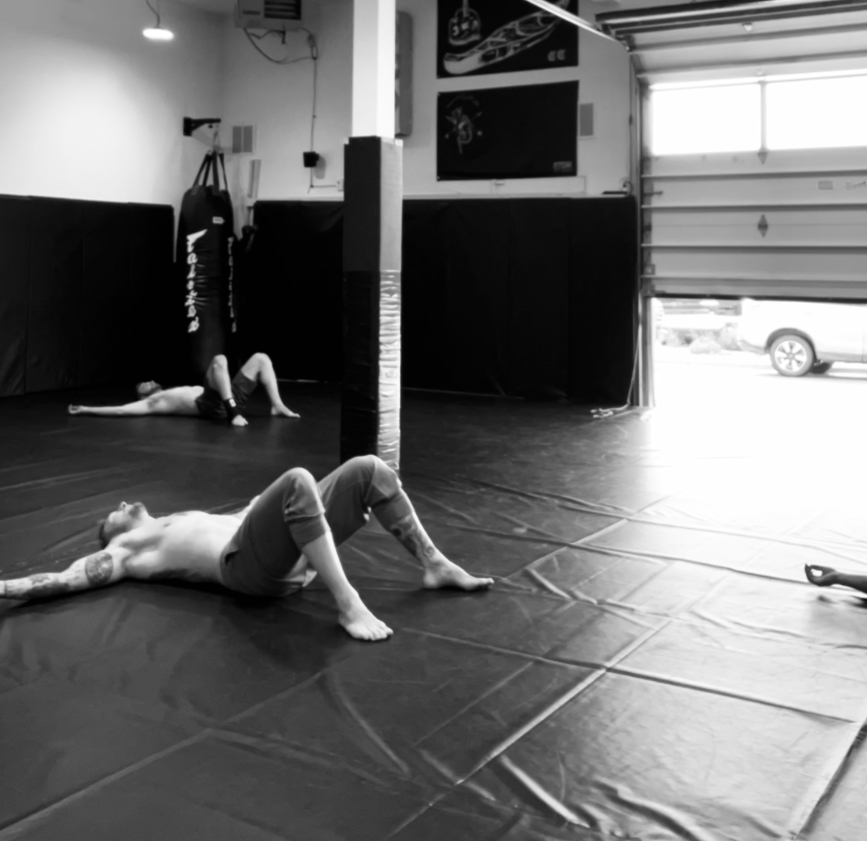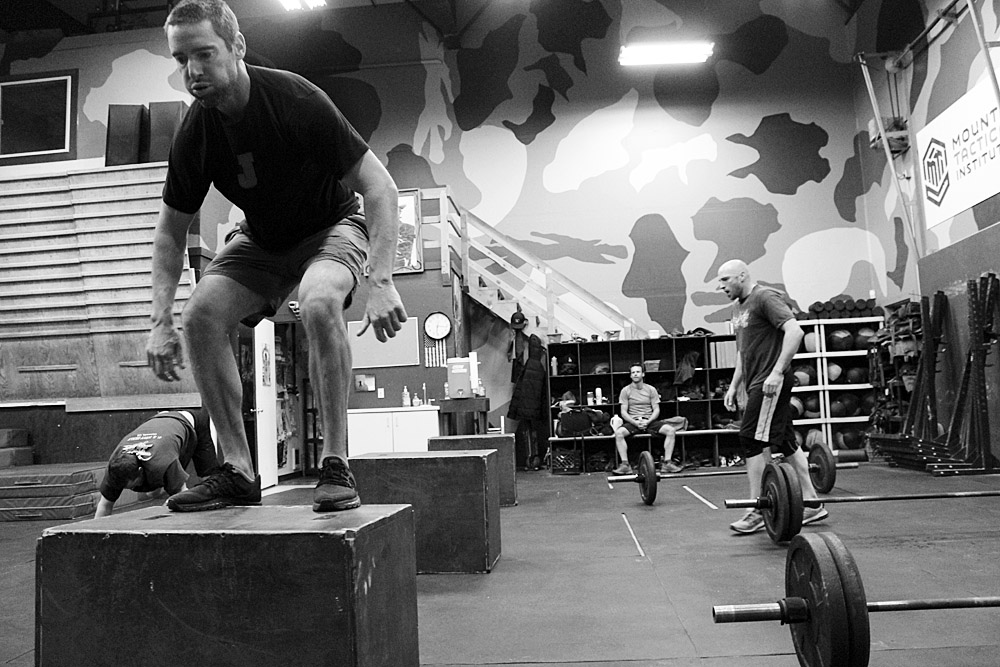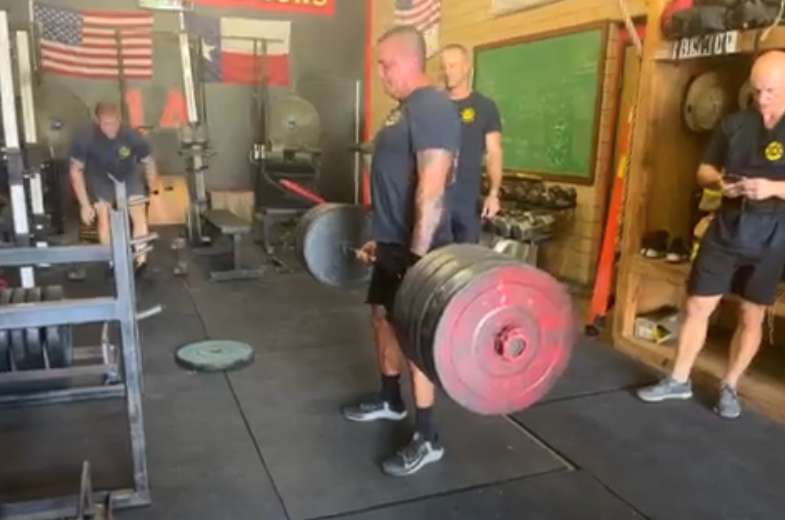By Kelson Geber, MTI Coach/Researcher BLUF Mountain Tactical Institute (MTI) conducted a two-month single-person mini-study to examine the impact of weight reduction on speed during fast alpine ascents. The study found that reducing pack weight in increments of 8 ounces (227 grams) consistently improved climbers’ speed and potentially decreased their exposure to hazards. Overall, the […]
Research
Mini Study: 1x/week Training Results in Grip Strength Endurance Improvement & Disappointing Burpee Work Capacity Results
BLUF Training Work Capacity and Grip Strength 1x/week with hobbyist jiu-jitsu athletes results in 2.24% average increase on the Burpee Beep Ladder, and a 28.85% increase on the Gi Grip Assessment. Background We’ve seen a significant interest in training program options which work within time-constrained parameters. Careers, family, or hobbies mean training time can be […]
Mini Study: Explosive Repeat Intervals Leads to 12% Work Capacity Increase in Jiu Jitsu Athletes
BLUF Our study conducted and examined the impact of an explosive repeat conditioning cycle on athletes engaged in Jiu-Jitsu training 4-5 times a week, revealing a notable 12% increase in work capacity during the 4-week cycle. Background Our jiu-jitsu training offerings are oriented towards serious hobbyists. These athletes all have careers, families, etc. which […]
Mini Study: Confounding Results on HIIT vs Sprints for Work Capacity Improvement
By Rob Shaul, Founder BLUF We conducted a mini study comparing the work capacity improvement of shuttle sprint repeats vs short, multi-modal HITT efforts, but the results were inconclusive Background Crossfit popularized short, multi-modal HIIT (High Intensity Interval Training) in the mid-1990s and impact continues. While Crossfit Founder Greg Glassman did not invent multi-modal work […]
Mini Study Results: Percentage-Based Progression Beats Tempo for Strength, No Difference Between Interval and Negative Pull Up Progressions, More Work Needed on Aerobic Base Development
By Rob Shaul, Founder BLUF A standard, percentage-based strength progression outperformed a Tempo-based progression to increase back squat strength, but bench press strength improvements were the same. Interval-based, concentric pull up and negative pull ups resulted in similar max rep pull up gains. Three weeks of 3 day/week, aerobic-base running resulted in unconclusive results […]
Mini Study: Snapshot and Comparison Of Relative Strength And Work Capacity Between Types of Tactical Athletes and Civilians
BLUF This Mini Study sought to give a snapshot and comparison of the relative strength and work capacity of three types of Tactical Athletes and civilians. The results found that for the athletes tested, Urban Fire Athletes scored higher overall in relative strength than State SWAT/SRT, Federal SWAT/SRT and civilian athletes. Five of the six […]
Mini Study: A Snapshot of the Sleep Patterns, Activity and Stress of Patrol & Bike Officers at a Small US City
By Rob Shaul, Founder BLUF This Mini Study sought to give a snapshot point in time view into sleep patterns, activity and stress levels of full time Patrol and Bike Police Officers employed by a small US City. The results found that the Patrol and Bike officers in this city averaged just over 7 hours […]
A Bullet Point Guide to All of MTI’s 100+ Mini-Studies
Thus far MTI has conducted 118 Mini-Studies. Below are hyperlinks to the full write ups and bullet points of the findings. – Rob Shaul, Founder 1 Pound On Your Foot Equals 5 Pounds On Your Back: The 5 Thumb Rules of Hiking One pound on your feet equals five pounds on your back. (1 lb. […]
Research Roundup: Latest Research on Stress and Police Officers
Compiled by Rob Shaul “Factors influencing post-traumatic stress disorder among police officers in South Korea” by H. Oh, Cheol-yeung Jang, and Michael Ko (Published on 2022-12-09) This study identifies critical incident trauma (CIT), social support, resilience, and post-traumatic stress disorder (PTSD) in Korean police officers and determines factors related to PTSD to obtain basic data […]






